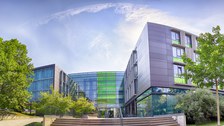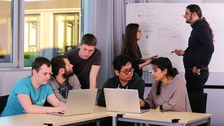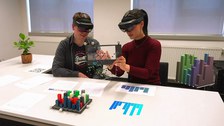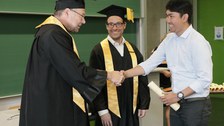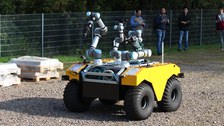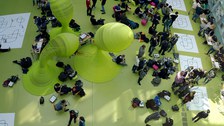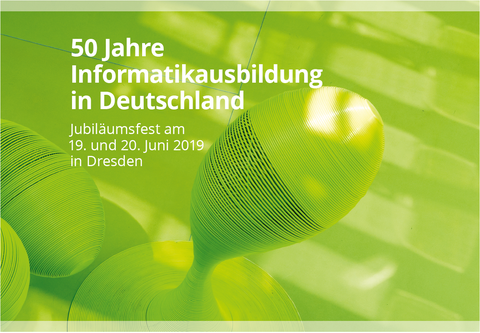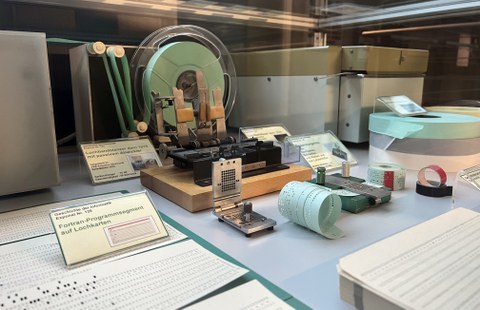Profile
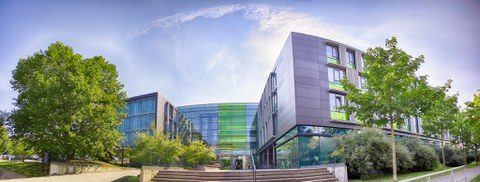
© Lucas Vogel
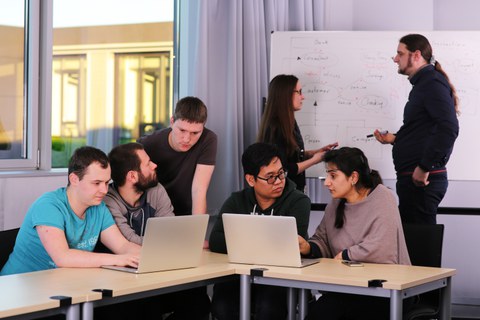
© Lucas Vogel
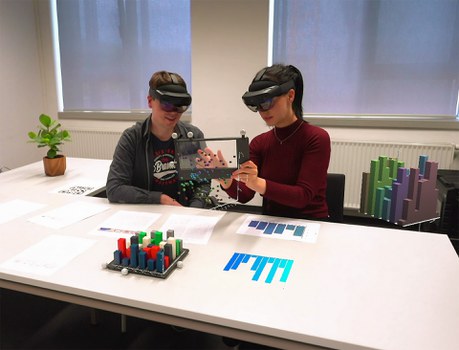
© IMLD
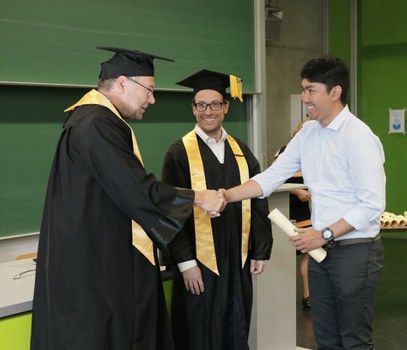
© Ludwig Schmutzler
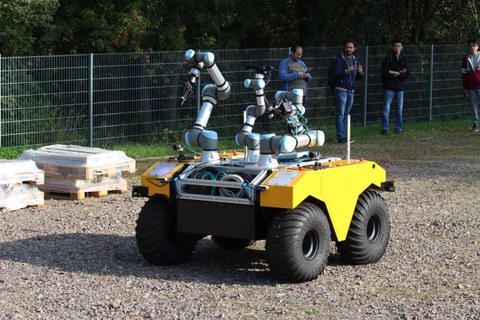
© Sniffbot
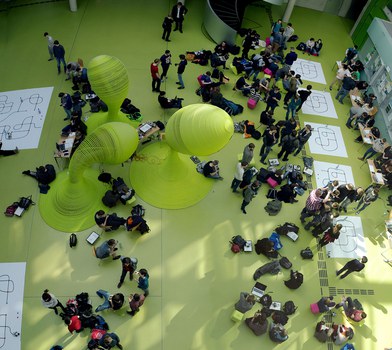
© SK
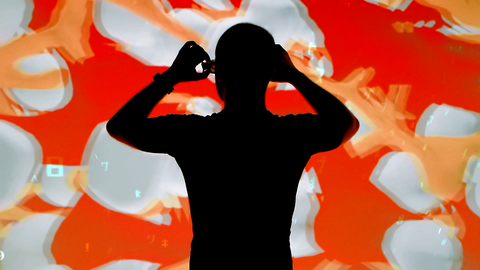
© Biermann-Jung
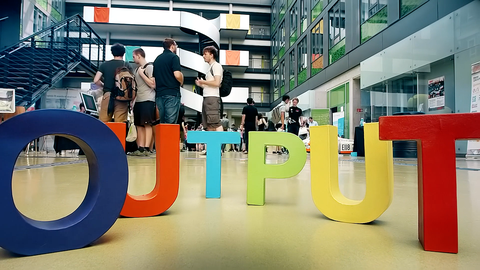
© Biermann-Jung
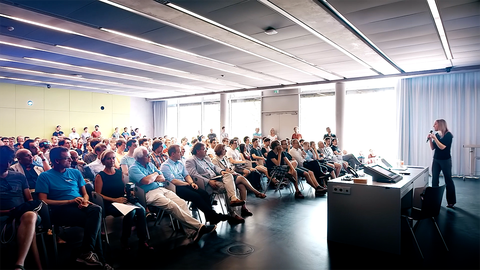
© Biermann-Jung
Innovative. Diverse. Dresden.
Studying and researching computer science in a strong community
Welcome to the Faculty of Computer Science at Dresden University of Technology - one of the most diverse and attractive places to study in Germany.
We are a diverse, international and interdisciplinary community of about 2300 students, over 400 scientists, 232 PhD students, 31 professors, one junior professor, four honorary professors and two independent group leaders with the status of "TUD Young Investigator". We teach and conduct research at six institutes at the highest level: internationally oriented, with excellent industrial and scientific networks, using state-of-the-art technologies and with our finger on the pulse of the times.
We work for a sustainable future and find efficient and innovative solutions. Eight degree programs with many interesting focuses enable our graduates to go their own way in the process. Whether research-oriented or practical - we demand and encourage curiosity and creativity, openness and enthusiasm, teamwork and personality. Our graduates are more than specialists.
Computer science in Dresden is growing rapidly and with it our faculty. New professorships, especially in the areas of Data Science and Artificial Intelligence, are planned.
Our faculty is significantly involved in outstanding collaborative research projects and research centers:
- ScaDS.AI Dresden/Leipzig (Federal Center for Machine Learning and AI).
- 6G-Life (Center for Next Generation Mobile Communications)
- Else Kröner Fresenius Center for Digital Health (EKFZ)
- Center for Systems Biology Dresden (CSBD)
We are a key partner in two DFG clusters of excellence:
We conduct research in the Collaborative Research Center SFB/TRR-248 on the foundations for comprehensible software systems.
The faculty is in the network of the nine National High Performance Computing Centers (NHR).
We host one of only three DAAD Zuse Schools of Excellence in AI (SECAI).
Our scientists and graduates benefit from the presence of these internationally visible centers of excellence in research and teaching with their unique computational and academic infrastructure.
The Faculty Newsletter
The faculty newsletter is published monthly or once during the semester break. Here you will find current research highlights, award winners, successful PhD students as well as dates at a glance.
Our history
The history of computer science education in Dresden goes back to the beginnings of electronic computing. Researchers from Dresden, led by Prof. N. J. Lehmann, were among the first to design the magnetic drum memory and develop the first digital electronic calculators.
50 Years of Computer Science Education at the TU Dresden - Contemporary Witnesses Report
Our collection
The Faculty of Computer Science has housed a public collection of "Historical Computing Technology" in its corridors since 2007. A description of individual objects can be found here.

